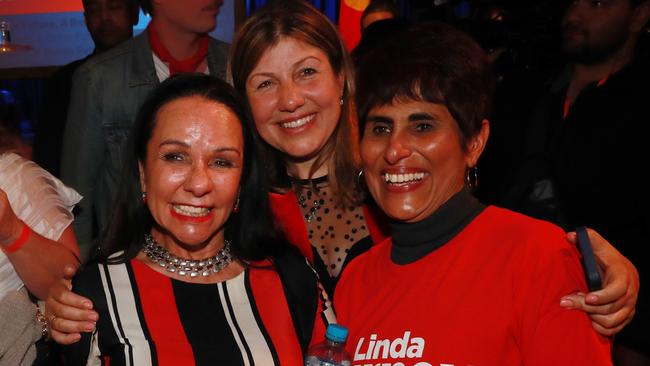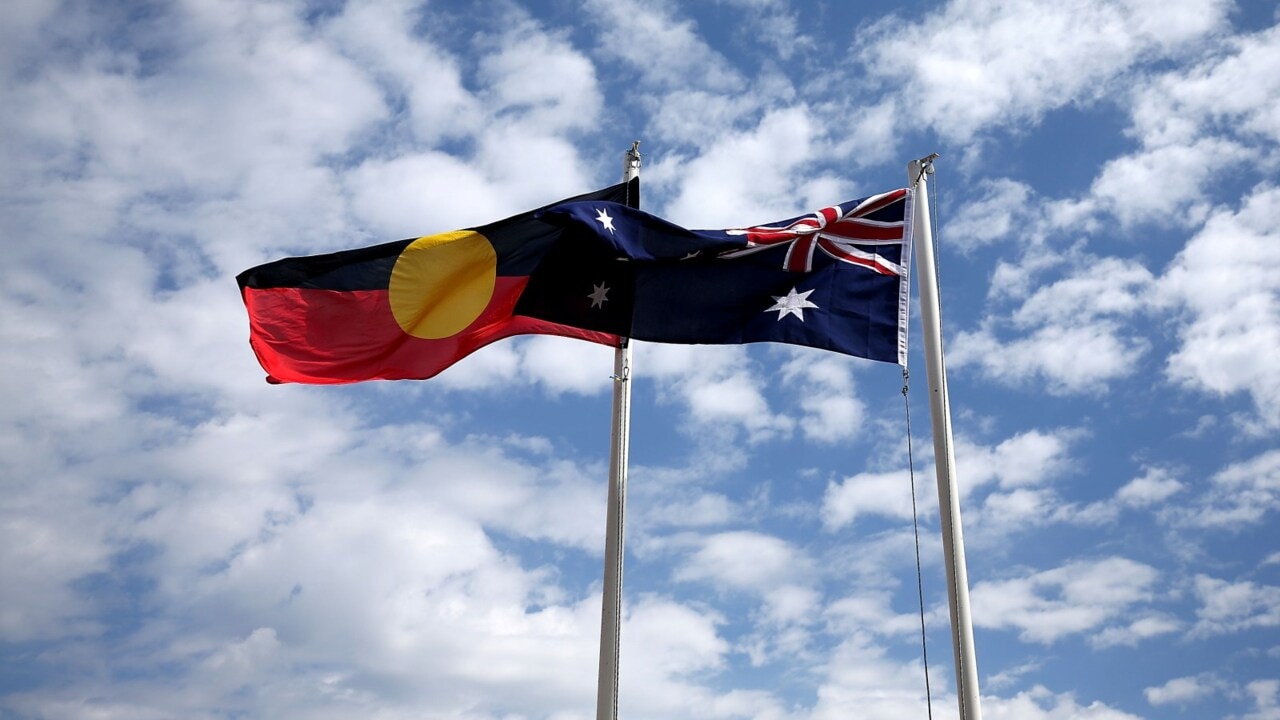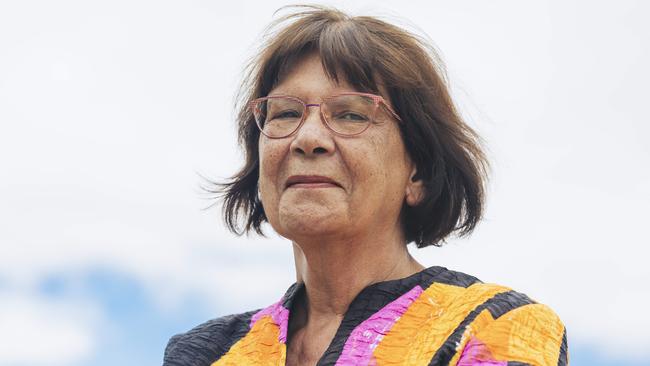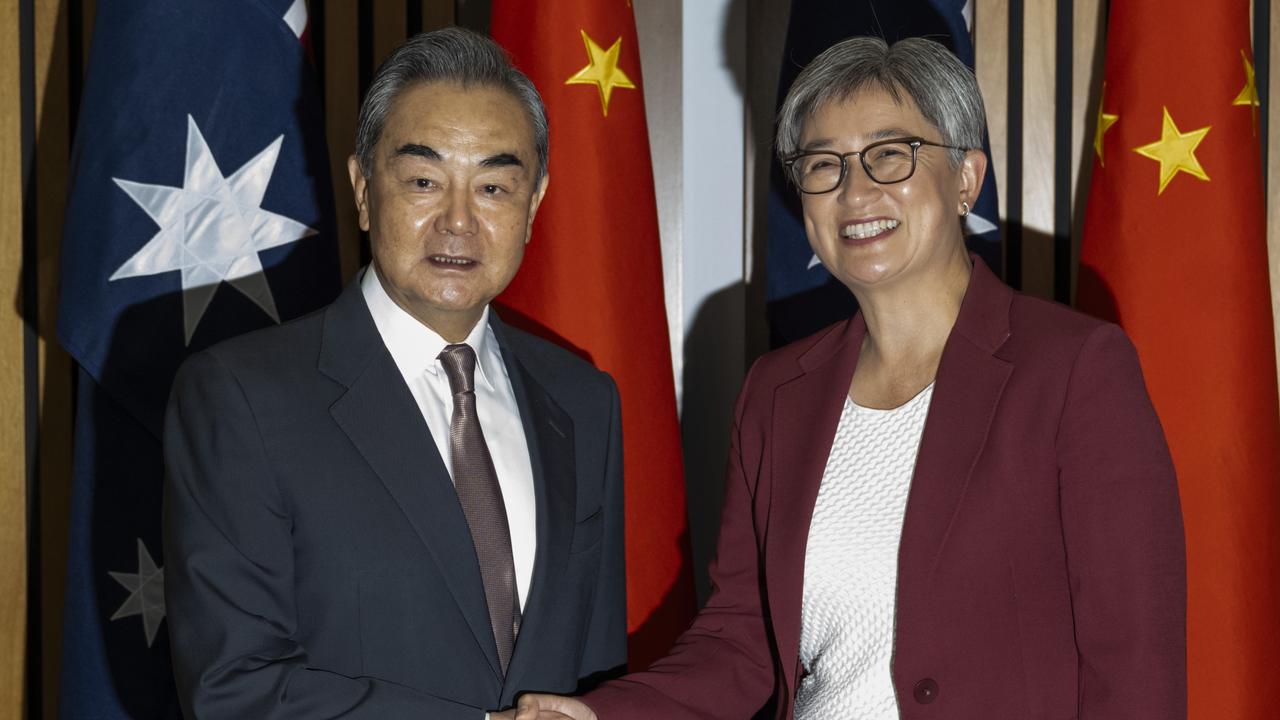ALP victory ‘promising next step’ on path to recognition through referendum
Indigenous Australians who have campaigned for a voice in the Constitution say Labor’s election “represents a promising next step”.

Indigenous Australians who have campaigned for a voice in the Constitution say Labor’s election “represents a promising next step”.
The Uluru Dialogue did not explicitly back either the Coalition or Labor in its History is Calling campaign for a referendum on the Indigenous voice, but only Labor had promised a referendum in the next term of government.
When victory was assured on Saturday night, Labor’s nominated Indigenous Australians minister Linda Burney made it clear the referendum was her biggest priority. The party is known to want bipartisan support for the referendum, but it was unclear on Sunday if that was likely. Crossbenchers and the new wave of teal MPs pledged their support for a referendum before the election.

“The most important thing for me is a voice to the parliament, a referendum that will change this country, and we will do it,” Ms Burney said. “Labor will absolutely deliver it. In the first term, that’s our goal.”
While the voice is the policy debate that has dominated Indigenous affairs for five years, the Albanese government will come under immediate pressure from the states to take practical steps to address the housing crisis in remote Aboriginal communities.
This is because after the commonwealth spent $5.4m on a decade-long remote housing deal with the states that ended in 2018, it continued to fund remote housing only in the Northern Territory. This left Queensland, Western Australia and South Australia with the bill for remote communities.
WA wants $350m from the commonwealth for housing in remote Aboriginal communities over the next four years. WA Premier Mark McGowan has put aside $350m from his state’s $5.7bn surplus to build and repair houses in the state’s remote north but has told the commonwealth it must match it.
So far, Labor has promised to continue to fund remote housing in the NT as the Coalition did.
It has committed an extra $200m for repair and maintenance in Queensland, WA and SA. However, this is not going to be enough to satisfy premiers who have been pleading with the commonwealth for years for a multibillion-dollar deal.

The stewards of the Closing the Gap agreement also want an early commitment from Anthony Albanese that he will properly fund community-controlled Indigenous organisations to do the work bureaucracy and non-Indigenous organisations were once paid to do. Closing the Gap co-chair Pat Turner said ahead of the election that no matter who won, she would seek an urgent meeting about the national agreement’s 18 targets to reduce disadvantage.
“We do not want to lose the progress that has been made to change the way that Aboriginal and Torres Strait Islander people work with governments in partnership and with shared decision-making,” she said. “While there have been significant strides in progressing outcomes in the national agreement, there have been areas where progress has slowed or stalled.
“We will take the opportunity to reaffirm government’s comment to the partnership agreement and Closing the Gap, including ensuring that they stick to the time frames.”
On Sunday, Uluru Dialogue members said it was important Australia now moved forward, at pace, to make a constitutionally enshrined First Nations voice to parliament a reality.
The voice is the first of three steps set out in the 2017 Uluru Statement from the Heart, the document resulting from consultations with more than 1100 Indigenous Australians in every state and territory.






